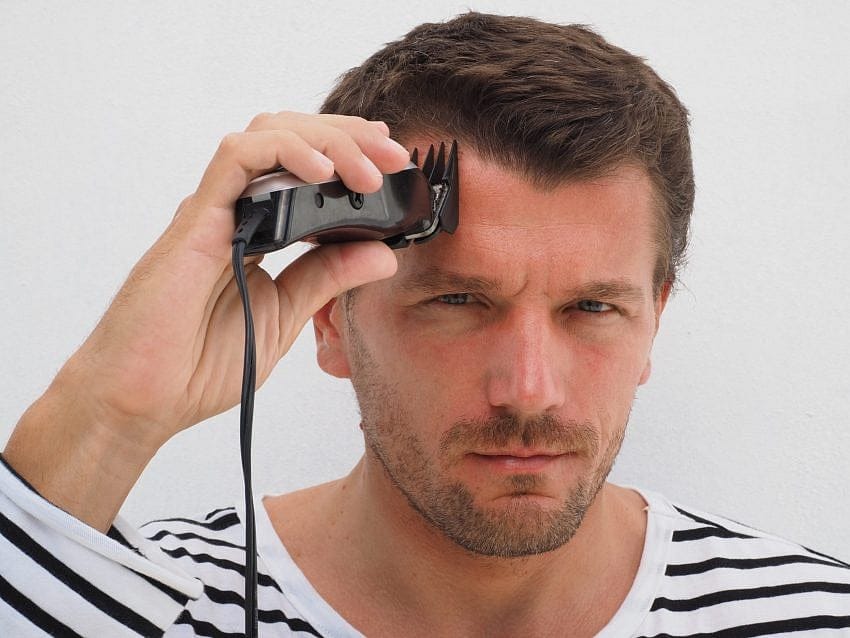Bay Staters Taking Haircuts Into Their Own Hands

For the time being, professional haircuts from licensed barbers and hairdressers are no longer available to Massachusetts residents.
Still, people are getting haircuts.
The Rhode Island Department of Health now claims the authority to fine people who violate the state government's quarantine rules for coronavirus, according to an executive order signed by the state's governor.
"As we move forward, the quarantining and isolation rules are going to be more important than ever. And even though we're sick of this, and we're sick of being stuck in our homes, if you are ordered into quarantine, you must obey the quarantine. And we are going to start to get more serious about enforcing the quarantine, because it's necessary to protect everybody," Rhode Island Governor Gina Raimondo, a Democrat, said during a press conference Thursday, April 9.